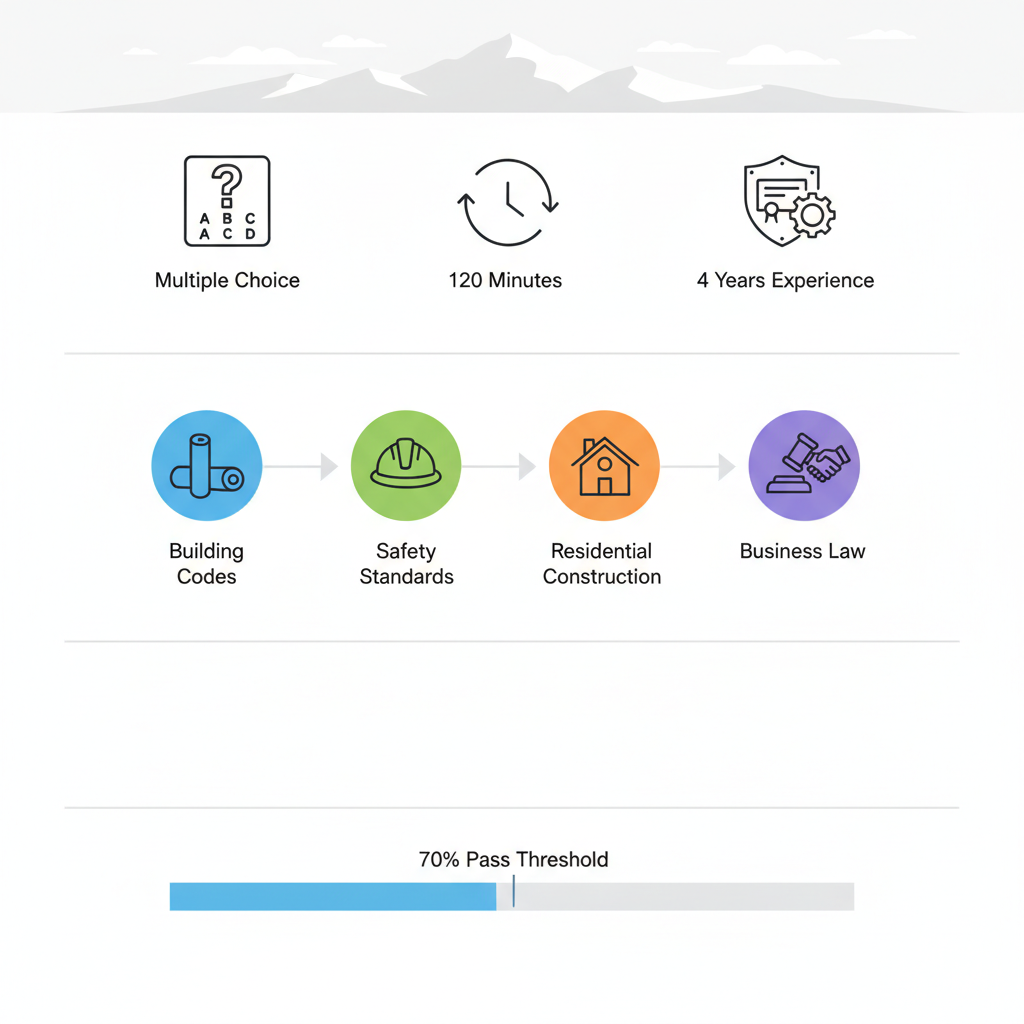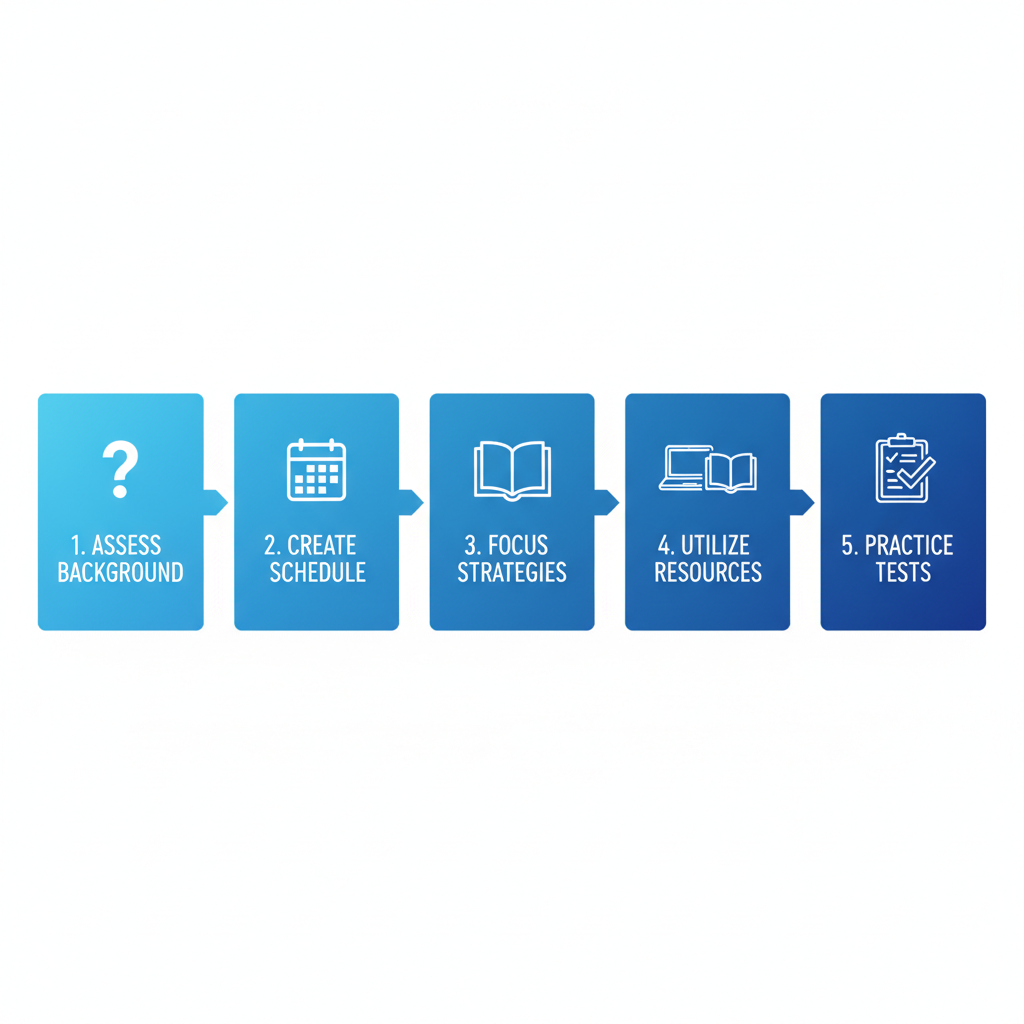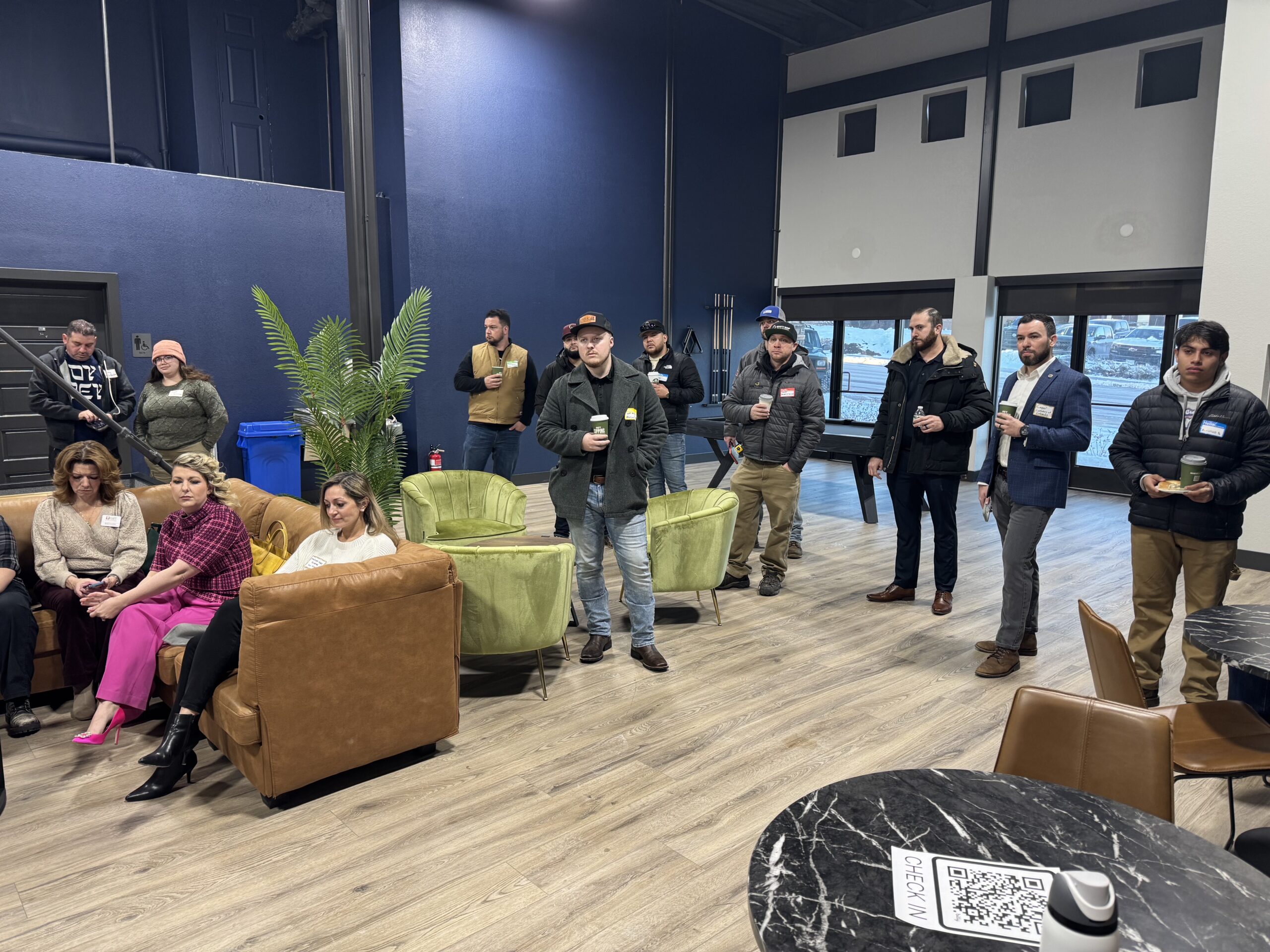Residential Contractor Test Prep
Table of Contents
Preparing for the Residential Contractor Exam in Colorado
Embarking on Residential Contractor Test Prep in Colorado is essential for aspiring professionals aiming to secure their license and advance in the home construction industry. Passing the exam demonstrates verified expertise in state-specific regulations, opening doors to rewarding careers while ensuring compliance with safety standards. This preparation not only builds confidence but also elevates your standing among homeowners seeking reliable experts.
The colorado contractor license exam is administered by the International Code Council (ICC) and tailored to Colorado’s requirements, focusing on residential construction codes. The licensing process involves submitting an application, meeting prerequisites like experience and insurance–details outlined in the Contractor Resource Licensing Guide–and scheduling the test. Key topics include Colorado residential building code preparation, such as moisture barriers, structural elements, and energy efficiency standards. Common challenges arise from nuanced code specifics, like seismic considerations in mountainous regions.
- Building Codes: Emphasis on IRC updates for Colorado.
- Safety Regulations: Structural integrity and ventilation.
- Exam Readiness: Practice on trade calculations and blueprint reading.
This guide explores understanding the exam, its benefits, mechanics, and best practices. Contractors of Colorado supports your journey through general contractor license course colorado for structured training and contractor license education programs featuring state-specific books from providers like Contractor Training Center, helping boost pass rates and achieve exam readiness for home construction licensing.
Understanding the Residential Contractor Exam
The Colorado contractor license exam serves as a critical gateway for aspiring residential builders, ensuring they possess the knowledge to meet state standards. This test, often aligned with International Code Council (ICC) guidelines, evaluates competency in construction practices, safety, and regulations specific to Colorado’s unique environment. Understanding its structure helps candidates focus their preparation effectively, addressing common queries about what the exam entails and how to approach it.
Key Components of the Colorado Contractor License Exam
The Colorado contractor license exam, administered through the state’s licensing authority, is a multiple-choice test lasting about four hours, consisting of around 80 questions. It aligns closely with state regulations under the Colorado Department of Regulatory Agencies (DORA), emphasizing compliance with local building codes adapted for Colorado’s diverse climates, including high-altitude adjustments for structural integrity. Prerequisites include at least four years of documented experience in residential construction, business registration, and proof of insurance, as outlined in official licensing guides.
Key elements include:
- Core Technical Section: Covers building codes, framing, and site preparation.
- Business and Law Module: Addresses project management, contracts, and Colorado-specific labor laws.
- Safety Protocols: Focuses on OSHA standards and hazard mitigation in residential settings.
These components ensure candidates can handle real-world projects, from foundation work in mountainous regions to energy-efficient designs in urban areas. For those new to the process, the exam format encourages thorough review of state-adopted ICC codes. Preparation begins with verifying eligibility, such as accumulating the required experience hours through verifiable work records.

Key components of Colorado residential contractor licensing exam
(Word count: 148)
Topics Covered in the ICC Residential Contractor Exam
The ICC residential contractor exam prep forms the backbone of the Colorado contractor license exam, drawing from the International Residential Code (IRC). This 125-question, open-book exam spans five hours and tests proficiency in essential areas, with topics weighted by importance: approximately 40% on building planning and code administration, 30% on framing and structural systems, 15% on mechanical and plumbing systems, 10% on electrical fundamentals, and 5% on energy efficiency.
Core subjects include:
- Building Codes and Compliance: Interpreting IRC provisions for footings, walls, and roofs, including Colorado adaptations like snow load calculations for high-elevation homes.
- Safety Standards: Hazard recognition, fall protection, and safe material handling, aligned with ANSI and OSHA guidelines.
- Residential Construction Principles: Framing techniques, insulation methods, and ventilation systems to ensure durable, habitable structures.
Additional focus areas cover plumbing fixtures, basic electrical wiring for outlets and lighting, and project management basics like estimating costs for a typical Denver-area remodel. Sample questions might ask: “What is the minimum R-value for wall insulation in Colorado’s climate zone?” or scenarios on code violations in stairwell construction. For effective ICC code exam preparation, candidates should prioritize state licensing test for residential builders by studying official ICC references, which detail topic coverage percentages. Resources like recommended ICC books provide in-depth explanations, quoting sections on code updates that impact 20% of exam questions annually.
To build confidence, integrate construction license exam prep materials that simulate real exam conditions, offering practice on these varied topics.
(Word count: 202)
Scoring and Passing Requirements
The Colorado contractor license exam requires a passing score of 70%, meaning candidates must correctly answer at least 56 out of 80 questions to qualify. This threshold reflects the state’s commitment to ensuring competent professionals, with scores broken down by section to highlight strengths in technical versus business areas.
Failing sections can be retaken after a waiting period, but overall competency is key. Achieving this score demonstrates readiness for safe, code-compliant work. For those targeting success, starting with online general contractor license prep courses can boost retention of key concepts, providing targeted practice and exam strategies to meet the 70% benchmark efficiently.
(Word count: 100)
Total word count: 450
Benefits of Effective Exam Preparation
Thorough preparation for the residential contractor test in Colorado transforms not just passing a exam, but unlocking a pathway to professional excellence. By investing time in Residential Contractor Test Prep, aspiring contractors gain the tools to excel in a competitive market, where certification signals reliability and expertise. This section delves into the multifaceted benefits, from career elevation to practical knowledge gains, illustrating why effective prep is essential for long-term success.
Career Advancement and Licensing Opportunities
Passing the colorado contractor license exam opens a world of opportunities for residential contractors in Colorado. With certification, you can legally bid on projects that require licensed professionals, such as state-funded renovations or larger residential builds, which often prioritize verified experts. This eligibility also unlocks access to better insurance rates and bonding options, reducing financial barriers to growth.
Consider the story of a Denver-based contractor who, after acing the exam through dedicated prep, secured a series of high-value home addition projects worth over $200,000 annually. Licensed status boosts earning potential significantly; according to case studies in Colorado contractor training resources, certified professionals earn up to 30% more than their unlicensed counterparts due to client preferences for insured, compliant workers. The benefits of contractor certification in Colorado extend to preferential treatment in local bidding processes, where municipalities favor licensed bids for quality assurance.
Moreover, the value of ICC exam readiness enhances your resume, attracting partnerships with real estate developers and investors. Success metrics include:
- 25% increase in project leads from verified directories
- Access to premium tools and financing unavailable to unlicensed tradespeople
- Long-term ROI through sustained higher earnings, often recouping prep costs within six months
This foundation propels career trajectories, turning solo operators into thriving business owners.
Enhanced Knowledge of Building Codes
Effective icc residential contractor exam prep builds deep expertise in Colorado’s building codes, far beyond rote memorization. It equips you to navigate the intricacies of the International Residential Code as adopted locally, ensuring compliance in everything from structural framing to energy-efficient installations. This knowledge minimizes on-site errors that could lead to costly rework or safety hazards.
Imagine a contractor in Boulder who, thanks to targeted prep, identified a weak area in electrical code adherence during practice sessions. Post-exam, this insight prevented a $15,000 violation fine on a multi-unit project, showcasing how prep fosters proactive problem-solving. Resources like those from the Contractor Training Center highlight real-world examples where code mastery reduces liabilities; unlicensed errors often result in average fines of $5,000 per incident, while prepared contractors report 40% fewer callbacks.
The value of ICC exam readiness shines in practical application, enhancing project efficiency and client satisfaction. Contractors with strong code knowledge complete jobs 20% faster, as they anticipate inspection requirements upfront. This not only cuts overhead but also builds a reputation for precision in Colorado’s stringent regulatory environment.
Key advantages include:
- Reduced legal risks through accurate permit applications
- Lower insurance premiums via demonstrated compliance history
- Competitive edge in bids, as clients value error-free deliverables
Ultimately, this expertise translates to sustainable business practices, where fewer mistakes mean more referrals and repeat business in the dynamic residential market.
Access to Contractor Networks and Resources
Certification via the colorado contractor license exam grants entry to invaluable networks like Contractors of Colorado, a statewide platform connecting verified professionals with homeowners and investors. These communities offer ongoing support, from exclusive training webinars to project lead sharing, fostering collaborations that amplify your reach.
Members benefit from verified directories that showcase licensed credentials, drawing in high-quality opportunities. For instance, networking events provide insights into local market trends, helping contractors stay ahead. With access to resources like background checks and lending referrals, your business gains stability and growth potential in Colorado’s construction landscape.
How Residential Contractor Test Prep Works
Preparing for the Colorado contractor license exam requires a structured approach to master both state-specific regulations and national standards like those in the ICC residential contractor exam. Effective preparation demystifies the process, helping aspiring contractors build confidence through targeted study and practice. By focusing on phased plans and adaptive strategies, candidates can navigate the complexities of code questions and business law requirements tailored to Colorado’s building codes.

Five-step residential contractor test preparation process in Colorado
Study Methods and Timeframes
Effective structured test preparation for residential licensing begins with assessing your experience level to determine the ideal study duration. For those with limited background in construction codes, allocate 60-80 hours over 8-12 weeks; seasoned professionals might suffice with 40-50 hours in 4-6 weeks. Divide the time into three phases: review foundational concepts from the International Residential Code (IRC) and Colorado amendments, practice with targeted exercises, and simulate full exams to build stamina.
A sample study week could include three evenings of 2-hour sessions: Monday for reviewing chapters on structural framing and energy efficiency, Wednesday for business law sections covering contracts and worker safety, and Friday for weak areas like plumbing or electrical integrations. Effective ICC exam study techniques emphasize daily reinforcement to avoid cramming pitfalls, which lead to retention issues and test anxiety. This methodical timeline ensures comprehensive coverage of the colorado contractor license exam content, allowing time for adaptive learning on state variations such as high-altitude adjustments in ventilation systems.
Core Prep Strategies for Code Questions
Tackling code-related items in the icc residential contractor exam prep demands focused tactics to handle scenario-based and calculation questions. Start by memorizing key minima, such as the minimum overlap for joints in polyethylene film moisture barriers, which is typically 6 inches to prevent vapor transmission, or the required penetrations clearance for fire-rated assemblies at 2 inches from edges. Use mnemonic devices and flashcards to internalize these specifics from IRC chapters on building planning and fire-resistance.
For the colorado contractor license exam, integrate state supplements by cross-referencing local amendments during practice. Break down approaches: first, identify question types–plan review, code application, or trade calculations–then apply elimination techniques for multiple-choice options. Practice with book-based examples from ICC resources, like simulating a framing question on joist spacing under live loads, aiming for 75% accuracy before advancing. Incorporate business law prep by dedicating 20% of sessions to topics like lien laws and OSHA compliance, using real-world Colorado case studies.
Prioritize weak areas through diagnostic tests; for instance, if roofing codes falter, drill on minimum slopes for asphalt shingles at 2:12 pitch. This layered strategy, combined with timed simulations twice weekly, sharpens speed and precision, turning potential stumbling blocks into strengths for the 100-question format.
Utilizing Online and Classroom Resources
Choosing between online and classroom resources depends on your learning style, with both formats offering robust support for residential contractor test prep. Online courses provide flexible access to video lectures, interactive quizzes, and digital code libraries, ideal for self-paced learners balancing work schedules. Books and practice tests from ICC training centers form the backbone, with adaptive modules highlighting Colorado-specific nuances.
For hands-on guidance, consider contractor license classes that foster discussion and immediate feedback from instructors experienced in state exams. Enrolling in a contractor license school ensures structured programs with group simulations and personalized coaching, enhancing retention through collaborative environments. Blending these–online for breadth and classroom for depth–maximizes efficiency in just 100 hours of focused effort.
Best Practices for Exam Success
Preparing for the Colorado contractor license exam requires more than rote memorization; it demands Colorado exam best practices that build confidence and precision. By focusing on code-specific drills, consistent practice, and leveraging local support, aspiring contractors can turn challenging questions into scoring opportunities. These strategies address common pitfalls in residential building codes, especially those influenced by Colorado’s harsh winters, ensuring you apply knowledge effectively on exam day.
Tackling Specific Code Challenges
Mastering advanced strategies for contractor test taking starts with targeted preparation for frequent code questions. For instance, moisture barriers in roofing demand a minimum 6-inch overlap to prevent leaks during heavy snow melts, a critical detail in Colorado’s climate. Wall surfaces above bathtubs must extend at least 80 inches to qualify as nonabsorbent, protecting against water damage in humid bathroom environments.
Nailing techniques are equally vital: fasteners for concrete roofing tiles require 3/4-inch penetration into the deck for secure hold against wind gusts. Hallways in residential homes need a minimum 36-inch width to ensure safe egress, aligning with accessibility standards. Use mnemonic devices like ‘6 for overlaps, 80 for tubs, 3/4 for nails, 36 for paths’ to retain these minima.
Practice by rewriting codes in your own words and quizzing yourself daily. Avoid shortcuts like guessing; instead, visualize installations to connect rules to real scenarios, boosting recall by 30% according to prep guides. This approach transforms vague code sections into reliable exam assets.
Practice and Review Techniques
Effective icc residential contractor exam prep hinges on structured routines that mimic exam pressure. Begin with daily sessions: allocate 45 minutes to timed quizzes on code sections, then log errors in a review journal to track patterns, such as recurring framing oversights.
Mock exams are essential; simulate full tests weekly using online gc license class platforms for realistic pacing. Analyze mistakes immediately–ask why a 36-inch hallway width was missed and review the code rationale. Combine this with apps for flashcards, pairing them with physical books from trusted sources like the Contractor Training Center, which offer sample questions mirroring the colorado contractor license exam.
- Schedule review cycles: Revisit weak areas every three days, spacing for long-term retention.
- Incorporate health habits: Prioritize 7-8 hours of sleep and short walks to combat fatigue, as studies show rested minds retain 20% more information.
- Group study sessions: Discuss error logs with peers to uncover blind spots.
These techniques foster resilience, turning average scores into passing ones. Success stories abound of contractors who boosted accuracy from 65% to 85% through diligent mock analysis, proving persistence pays off.
Integrating Colorado-Specific Resources
Elevate your prep with tailored tools for the state exam. The colorado contractors directory connects you to networks where peers share insights on local code nuances, like winter-proofing overlaps.
Explore contractor business growth resources for webinars and forums offering icc residential contractor exam prep tips, plus books with Colorado-specific case studies. Join online communities for real-time Q&A on questions like bathtub height requirements. These assets provide peer validation and motivation, ensuring comprehensive coverage without isolation.
Achieving Success in Contractor Licensing
Embarking on Residential Contractor Test Prep in Colorado equips you with the knowledge to excel in the colorado contractor license exam and icc residential contractor exam prep. This structured approach not only demystifies the exams but also paves the way for a successful residential licensing journey, aligning with Contractors of Colorado’s mission to elevate industry standards.
Here are the top takeaways from our guide:
- Master Building Codes: Focus on specifics like overlaps and widths to meet minimum standards, ensuring safe and compliant constructions.
- Consistent Practice: Dedicate regular study time to reinforce exam mechanics, from ventilation to structural integrity.
- Career Benefits: Licensing unlocks post-exam contractor advancement, including enhanced credibility and business growth opportunities.
With these strategies, your preparation becomes a powerful step toward professional excellence. Enroll in a contractor certification course today to streamline certification steps and access ongoing support through our networks. This investment accelerates your growth in Colorado’s construction landscape.
As you apply these insights, remember the final push: after passing the exam, submit your application as outlined in the Contractor Resource Licensing Guide, covering paperwork and fees for official licensing. Transition seamlessly into business development, turning your license into a foundation for thriving projects and partnerships.



